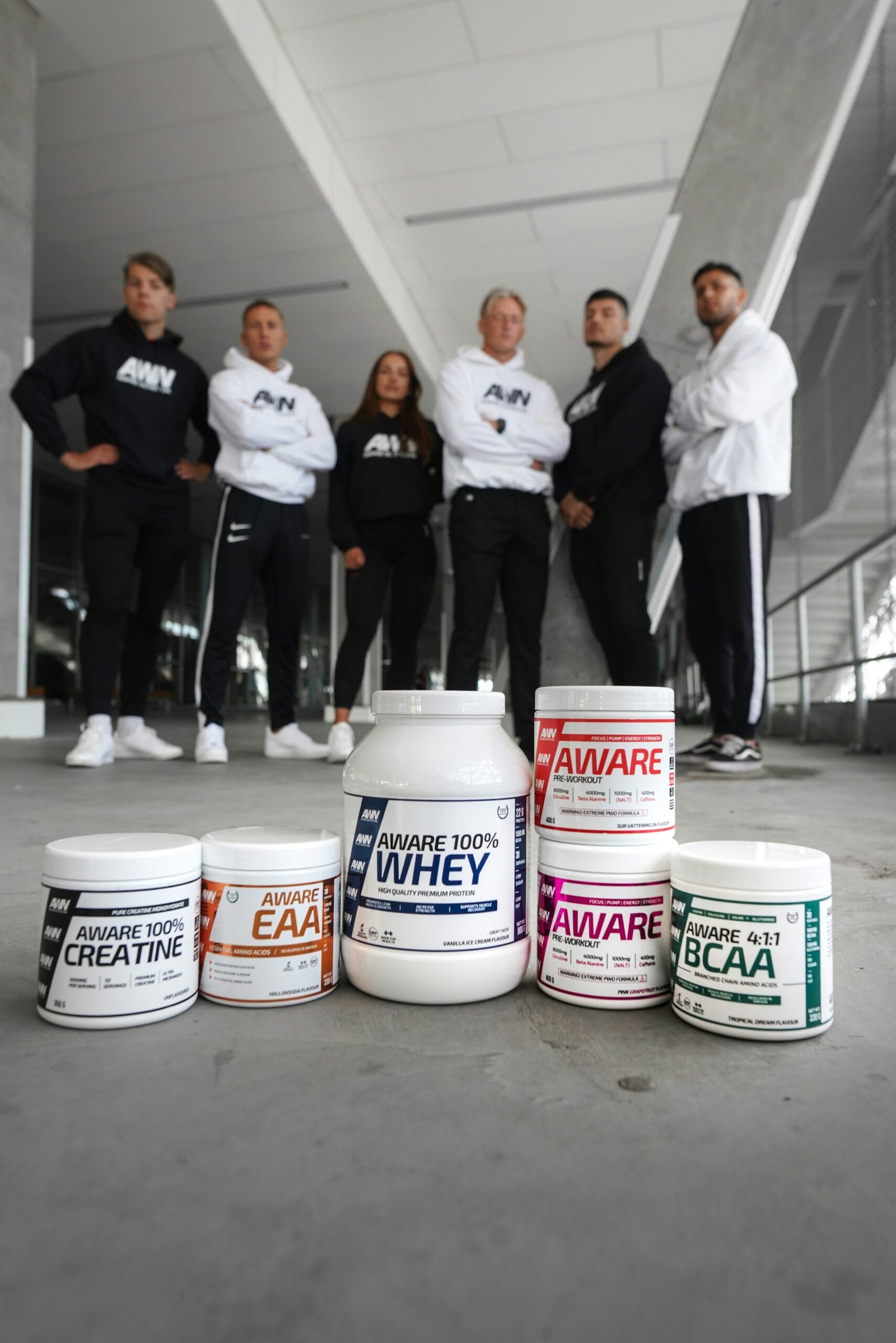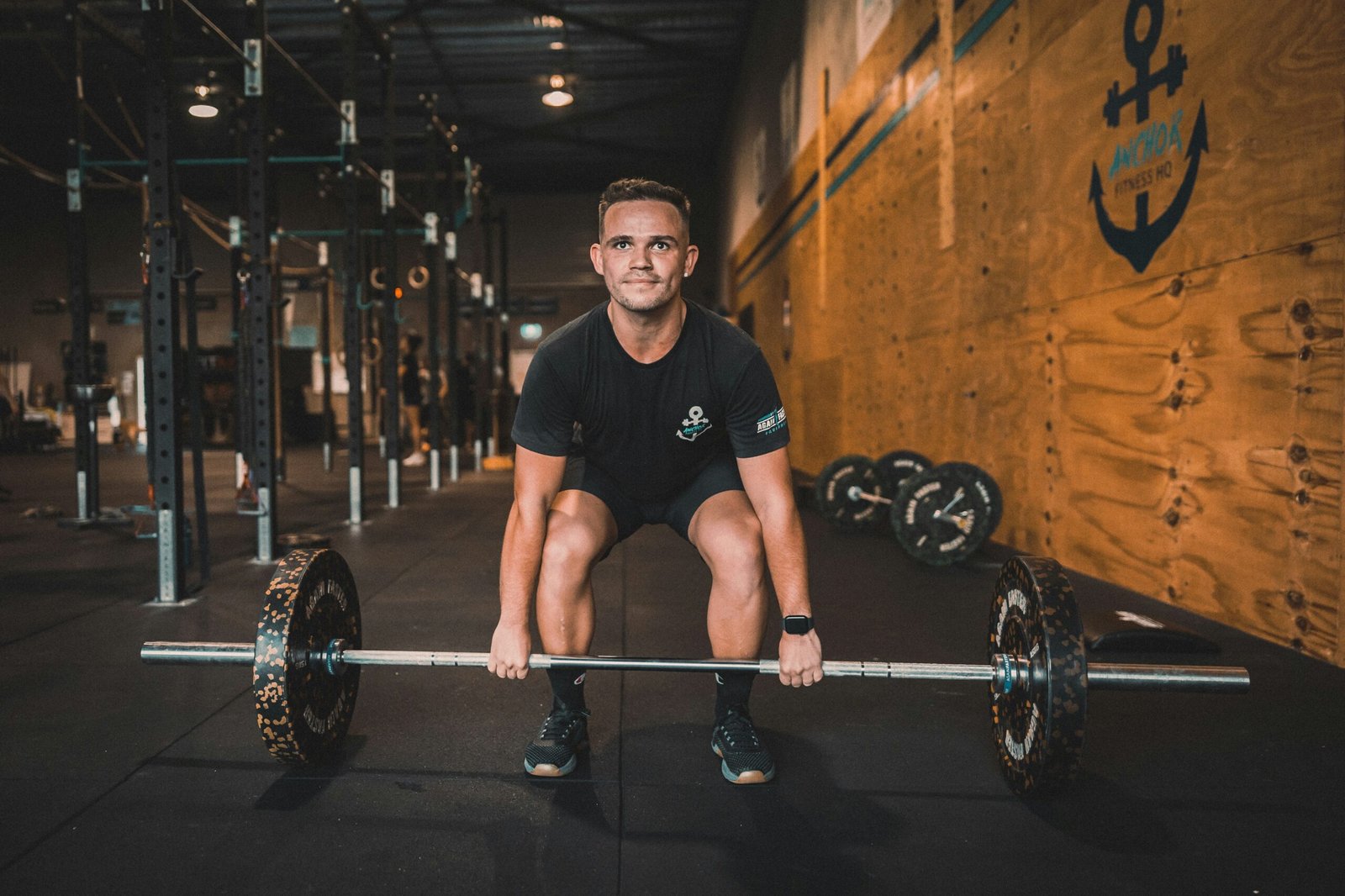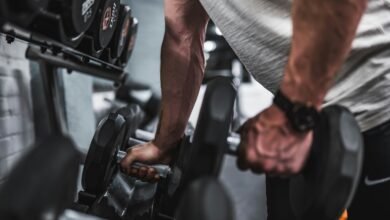Fuel Your Victory: The Key To Peak Performance

Sports Nutrition: Fueling Your Body for Peak Performance
When it comes to achieving peak performance in sports, proper nutrition plays a crucial role. The food you eat not only provides the energy your body needs to perform, but it also affects your endurance, strength, and recovery. In this article, we will explore the importance of sports nutrition and provide tips on how to fuel your body for optimal performance.
The Role of Macronutrients
Macronutrients, which include carbohydrates, proteins, and fats, are the main sources of energy for athletes. Each macronutrient serves a specific purpose in fueling your body:
Carbohydrates
Carbohydrates are the primary fuel source for athletes. They provide the energy needed for high-intensity activities and help maintain blood glucose levels during exercise. Good sources of carbohydrates include whole grains, fruits, vegetables, and legumes. It is important to choose complex carbohydrates, such as brown rice and whole wheat bread, as they provide a steady release of energy.
Proteins
Proteins are essential for muscle repair and growth. They help rebuild muscle tissue that is damaged during intense workouts and aid in the synthesis of new muscle fibers. Good sources of protein include lean meats, poultry, fish, eggs, dairy products, and plant-based sources such as tofu and legumes.
Fats
Fats are an important source of energy, especially during endurance activities. They also play a role in hormone production and help absorb fat-soluble vitamins. Healthy sources of fats include nuts, seeds, avocados, olive oil, and fatty fish.
Hydration: The Key to Performance
Proper hydration is essential for athletes to perform at their best. Dehydration can lead to decreased performance, fatigue, and muscle cramps. Here are some tips to stay hydrated:
Drink Plenty of Water
Water is the best choice for hydration. Drink water before, during, and after exercise to replenish fluids lost through sweat. Aim to drink at least 8 cups of water per day, and more if you are engaging in intense physical activity.
Electrolyte Balance
When you sweat, you lose essential electrolytes like sodium, potassium, and magnesium. These electrolytes help maintain fluid balance and muscle function. Consider sports drinks or electrolyte-enhanced water to replenish electrolytes during prolonged exercise or in hot weather conditions.
Monitor Urine Color
A simple way to check your hydration status is by monitoring the color of your urine. Clear or pale yellow urine indicates proper hydration, while dark yellow urine may be a sign of dehydration.
Pre-Workout Nutrition
What you eat before a workout can have a significant impact on your performance. Here are some guidelines for pre-workout nutrition:
Timing
Allow 2-3 hours for a full meal to digest before exercising. This will give your body enough time to break down and absorb the nutrients. If you don’t have enough time for a full meal, opt for a small snack 30-60 minutes before your workout.
Carbohydrates
Include easily digestible carbohydrates in your pre-workout meal or snack. This will provide the necessary energy for your workout. Good options include a banana, whole grain toast with nut butter, or a small bowl of oatmeal.
Proteins
While carbohydrates are the main focus for pre-workout nutrition, a small amount of protein can also be beneficial. Protein helps prevent muscle breakdown during exercise. Include a source of lean protein, such as Greek yogurt or a protein shake, in your pre-workout meal or snack.
Post-Workout Recovery
After a strenuous workout, your body needs proper nutrition to recover and repair. Here are some tips for post-workout recovery:
Timing
It is crucial to consume a combination of carbohydrates and protein within 30-60 minutes after exercise. This is when your muscles are most receptive to nutrient absorption. Aim for a balanced meal or snack that includes both carbohydrates and protein.
Carbohydrates
Refuel your glycogen stores by consuming carbohydrates after exercise. This can be in the form of a piece of fruit, a sports drink, or a small serving of whole grains.
Proteins
Include a source of lean protein in your post-workout meal or snack. This will aid in muscle repair and growth. Good options include grilled chicken, salmon, tofu, or a protein shake.
Supplements: Do You Need Them?
While a well-balanced diet should provide all the nutrients you need, some athletes may benefit from supplements. However, it is important to consult with a healthcare professional or a registered dietitian before starting any supplements. They can help determine if you have any nutrient deficiencies and recommend appropriate supplements if necessary.
Conclusion
Sports nutrition is a critical component of achieving peak performance in any athletic endeavor. By fueling your body with the right macronutrients, staying hydrated, and focusing on pre and post-workout nutrition, you can optimize your performance, enhance your endurance, and support your overall health. Remember, nutrition is the foundation of athletic success, so make it a priority in your training regimen.






